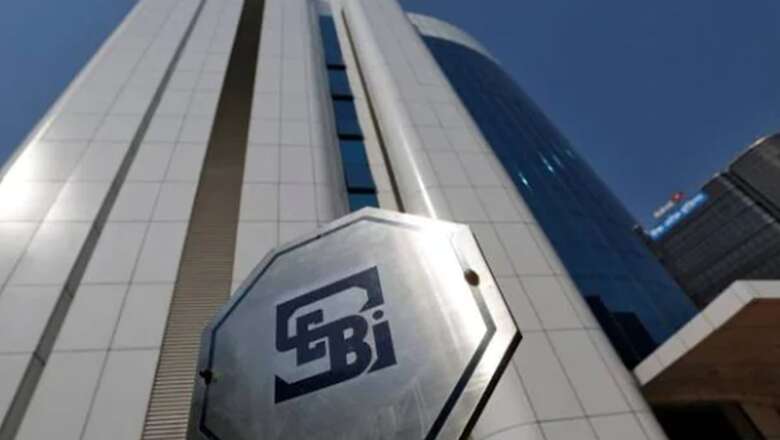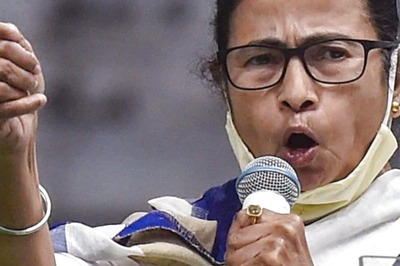
views
In the case of the demise of an investor, family members or nominees face a lot of problems in getting the shares the investor held. But now, the Securities and Exchange Board of India (Sebi) has introduced a mechanism for reporting an investor’s death through the KYC Registration Agency. The new framework will come into effect from January 1, 2024.
Through a circular on Tuesday, October 3, markets regulator Sebi has put in place operational norms, including the obligations of regulated entities and registered intermediaries that have interfaces with investors or account holders who are natural persons. Here’s all you need to know:
Who Can Report The Death of An Investor?
The death of an investor needs to be reported to agencies like NSE and BSE, along with the deceased investor’s death certificate and PAN. According to the Sebi’s latest rules, the death of an investor can be reported by:
- Joint Account Holder(s)
- Nominee(s)
- Legal Representative
- Family Members
Death Certificate, PAN of Deceased Required
After receiving intimation about the demise of an investor, the concerned intermediary will have to obtain the death certificate along with the PAN from the notifier or nominee and verify the death certificate through online or offline mode.
If the concerned intermediary, after receiving information about the demise of the investor from the notifier or nominee, is not in a position to obtain the death certificate, then it will have to inform the nominee that the KYC status of the deceased investor has been flagged off as “On Hold” and require them to furnish the death certificate of the concerned investor.
What After Verifying the Death-Related Documents?
Upon validation of the death certificate, the KRA shall update the KYC record as ‘Blocked Permanently’ in the system and intimate this updation to all linked intermediaries.
Upon receipt of notification from KRA as ‘Blocked Permanently’, all intermediaries will:
- block all debit transactions in the account of folio of the deceased investor on the same day of verification
- will intimate the family member or nominee or any other notifier with 5 days about the procedure for transfer of shares.
In case the death certificate is not received, the concerned intermediary will have to, by the next working day of the intimation, submit a KYC modification request in the KRA system — “information on death of investor received; confirmation awaited”.
Listed companies wishing to provide beneficial access to such a centralized mechanism to their investors holding securities in physical form can establish connectivity with KRA through their RTAs, according to the latest Sebi circular.
Uniformity In Rules
In order to have uniformity for operationalising the mechanism, Sebi asked stock exchanges, depositories and industry associations like the Association of Mutual Funds in India (AMFI), Registrars Association of India (RAIN), in consultation with stakeholders, including KRAs, to put in place common SOP (Standard Operating Procedures). The SOP will be made available on their websites as well as that of the intermediaries.




















Comments
0 comment